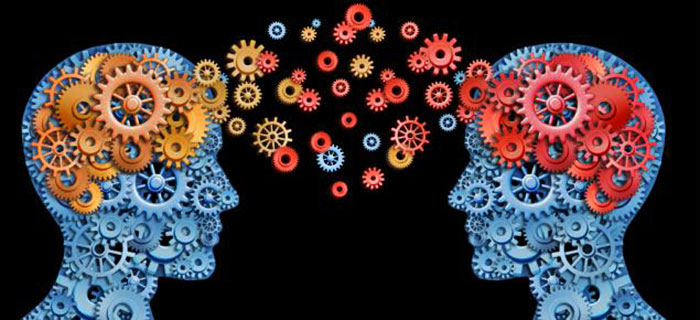|
For most people having a good memory means being able to remember more information clearly for long periods of time.
For neuroscientists too,
the inability to remember was long believed to represent a failure
of the brain's mechanisms for storing and retrieving information.
In fact, the two University of Toronto researchers propose that the goal of memory is not to transmit the most accurate information over time, but to guide and optimize intelligent decision making by only holding on to valuable information.
The review paper (The Persistence and Transience of Memory), published this week in the journal Neuron, looks at the literature on remembering, known as persistence, and the newer body of research on forgetting, or transience.
The recent increase in research into the brain mechanisms that promote forgetting is revealing that forgetting is just as important a component of our memory system as remembering.
One of these mechanisms is the weakening or elimination of synaptic connections between neurons in which memories are encoded.
Another mechanism, supported by evidence from Frankland's own lab, is the generation of new neurons from stem cells.
As new neurons integrate into the hippocampus, the new connections remodel hippocampal circuits and overwrite memories stored in those circuits, making them harder to access.
This may explain why
children, whose hippocampi are producing more new neurons, forget so
much information.
Using these principles,
Frankland and Richards frame an argument that the interaction
between remembering and forgetting in the human brain allows
us to make more intelligent memory-based decisions.
When we only remember the
gist of an encounter as opposed to every detail, this controlled
forgetting of insignificant details creates simple memories which
are more effective at predicting new experiences.
For example, a cashier who meets many new people every day will only remember the names of her customers for a short period of time, whereas a designer that meets with her clients regularly will retain that information longer.
Similarly, research shows that episodic memories of things that happen to us are forgotten more quickly than general knowledge that we access on a daily basis, supporting the old adage that if you don't use it, you lose it.
But in the context of
making better memory-based decisions, you may be better off for
it...
|


